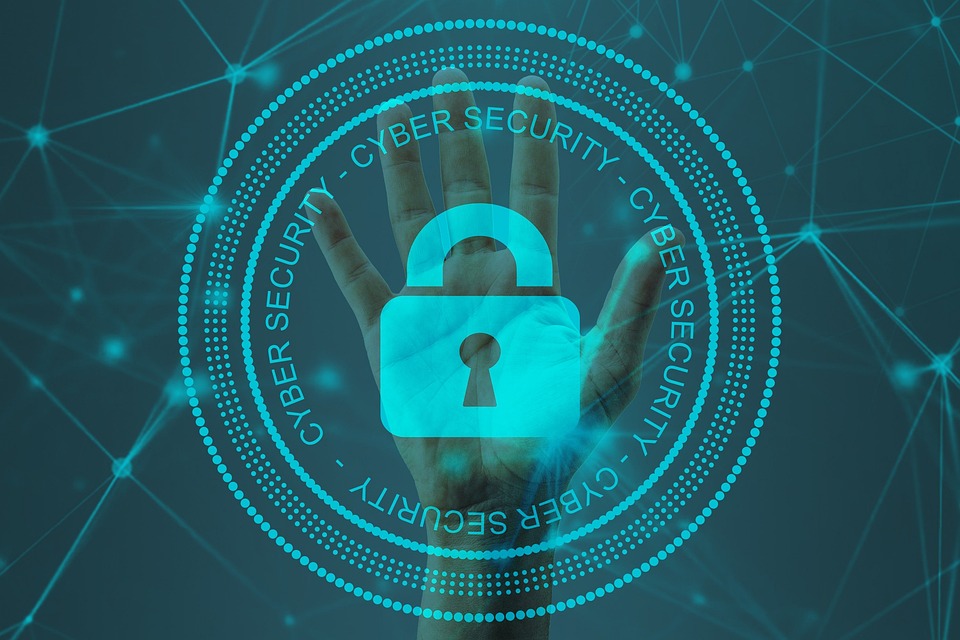Fending off Cyber Threats: Advanced Tactics to Secure Your Digital Realm in 2023

In an era where our lives are increasingly digitalized, the safety of our online presence has become paramount. With cyber threats becoming more sophisticated and frequent, it is essential to adopt advanced security tactics to protect our personal and professional data. This article delves into several modern techniques and measures you can implement to bolster your cybersecurity defenses in 2023.
Understanding the Landscape of Cybersecurity in 2023
Before we outline the protective strategies, it is crucial to understand the threats that target digital entities. Cyber threats have evolved to exploit a broader range of vulnerabilities using techniques like ransomware, phishing, and Advanced Persistent Threats (APTs). The first step in defending against these dangers is recognizing their tactics and how they’ve adapted to current cybersecurity measures.
Conducting Regular Security Audits
The cornerstone of any robust cybersecurity plan is frequent and thorough security audits. These evaluations help identify potential weaknesses in your infrastructure. An audit should assess all aspects of your system, including hardware, software, networks, and databases. Automated tools, alongside professional cybersecurity auditors, can provide a comprehensive picture of your security posture.
Implementing Zero Trust Architecture
“Never trust, always verify” is the principle behind Zero Trust Architecture. In 2023, adopting a Zero Trust approach to network access means that any attempt to enter your network is treated with suspicion, regardless of origin. Implement stringent access controls, ensuring that users and devices are authenticated and authorized before accessing network resources.
Enhancing Email Security
Email systems represent one of the most common entry points for cybercriminals. To secure your communication channels, use advanced email security solutions that offer features such as anti-phishing protection, attachment scanning, and fraud detection. Moreover, employing Domain-based Message Authentication, Reporting, and Conformance (DMARC) protocols can prevent email spoofing.
Strengthening Endpoint Security
With the proliferation of devices connected to corporate networks, endpoint security is more vital than ever. Centralized management of endpoint protection, including the use of antivirus, anti-malware, and intrusion prevention systems, is necessary. Encouraging or enforcing regular software updates and patches across all devices can close security gaps exploited by cyber attackers.
Utilizing Advanced Detection and Response
Intrusion attempts can sometimes bypass preventive security measures. Employing advanced detection and response platforms like Endpoint Detection and Response (EDR) or Security Information and Event Management (SIEM) systems can help detect unusual activity within your network and automate the response to mitigate the impact of an attack.
Securing Cloud Environments
As more businesses migrate to the cloud, securing these virtual environments has become crucial. Using a Cloud Access Security Broker (CASB) can provide visibility into your cloud applications and facilitate data security across multiple platforms. Additionally, implementing encryption and multi-factor authentication (MFA) can safeguard your data in the cloud.
Investing in Security Training and Awareness
Humans are often the weakest link in the cybersecurity chain. Providing comprehensive training for your employees on recognizing and responding to cyber threats can significantly improve your organization’s security. Conduct regular awareness sessions and simulate phishing attacks to keep cybersecurity front of mind.
Adopting Threat Intelligence
Staying one step ahead of cybercriminals involves understanding their tactics and techniques. Integrating threat intelligence into your security strategy provides actionable insights based on the analysis of current cyber threats. Use this information to preemptively tighten defenses and prepare for emerging threats.
Incorporating Machine Learning and AI
Machine learning and artificial intelligence can dramatically enhance cybersecurity. These technologies can analyze data at an unprecedented scale to identify patterns indicative of a cyber attack. Implement AI-driven security solutions for real-time threat analysis and predictive cybersecurity measures.
Ensuring Compliance with Privacy Regulations
Adhering to data protection regulations like GDPR, CCPA, and HIPAA is not only legally necessary but also another layer of defense. These laws guide the handling of personal data and can serve as a framework for implementing data security policies and protocols within your organization.
Creating an Incident Response Plan
Despite all precautions, cyber incidents can occur. Having an incident response plan in place ensures that you can quickly and effectively deal with any breaches. This plan should include steps for containment, eradication, recovery, and post-incident analysis to prevent future attacks.
Staying Updated and Proactive
The cybersecurity battlefield is one of constant evolution. Keeping up-to-date with the latest security trends, threats, and innovations enables you to adapt and apply new ways to protect your digital assets actively. Subscribe to cybersecurity publications, join forums, and attend conferences to stay informed.
Conclusion
Protecting your digital realm requires a multi-faceted approach that evolves with the changing threat landscape. By implementing the advanced tactics outlined in this article, you will significantly enhance your cybersecurity measures and create a more resilient online environment. Remember, the goal is not only to defend against current threats but to anticipate and prepare for future challenges in cybersecurity.
#ChatGPT assisted in the creation of this article.



